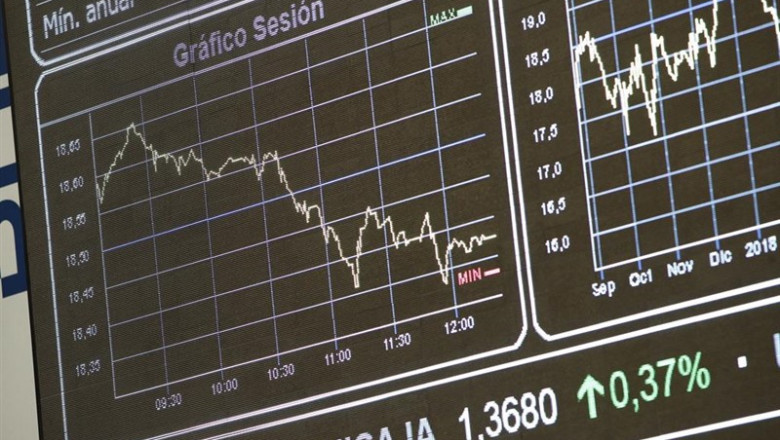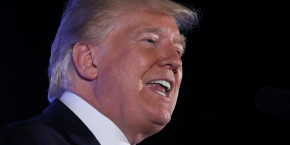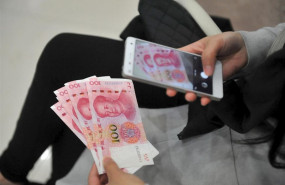
After two days of rebound, European parks do not seem to have the strength to stretch the breakthrough. The relief because China has not fully engaged in a currency war through the exchange rate of the yuan has been overshadowed by the political and economic turmoil that plague the region. In the Ibex, the reconquest of 8,800 points barely endures this Friday, moving with 0.9% falls. The rest of the bags of the Old Continent are also dyed red.
- 11.435,000
- -0,28%
The red numbers reach almost all values, in a 180 degree turn of the situation on Thursday. The banking sector sinks the most, with falls of more than 2% in Caixabank and Bankia and more than 1% for BBVA and Santander. Be careful also with MásMóvil, which leaves 9% in the middle of a strong trading volume.
In green, hold Cellnex and Merlin Properties. The political crisis is back in Italy and bad macro data is back in Germany. And the banks spend more bill than the rest in a session especially key for the selective.
In Italy, Deputy Prime Minister Matteo Salvini broke the government coalition on Thursday and called for elections as soon as possible. In Germany the macro concern returns. Or maybe he never left.
The trade balance and import and export data of the Eurozone giant have been below expectations. Merkel's ones relive the ghost of the economic slowdown ... and the risk premiums certify it. the Italian rises to 235 points and the Spanish is 85 points.
In Europe, the FTSEMIB index loses more than 2% and leads the losses in European stock markets (Dax: -1%, Cac: -0.6%, FTSE 100: -0.03%), which correct strongly after the strong gains on Thursday.
The market will also remain focused on the tit-for-tat tariffs and the exchange rate of the yuan "which has been an important driver of the market this week," says Stephen Innes, an analyst at VM Markets.
This Friday, the People's Bank of China continues with the turn of its policy on the yuan and has again allowed the currency to weaken above 7 yuan per dollar, for the second consecutive day. The central bank has located the exchange midpoint, around which only 2% of the currency fluctuates, at 7.0136 per dollar, its weakest level since April 3, 2008. This gradual fall in value of the currency does not generate as much concern as one would expect, since it continues to be above expectations.
On the other hand, US President Donald Trump has continued to divert China's focus to the US Federal Reserve (Fed). On Thursday he reiterated his attack from Wednesday: "They have done wrong in every step they have taken. Can you imagine what would happen if they were right?", He commented on Twitter.
As expected, the White House's response to the war of foreign exchange is to lower the dollar verbally. In several linked tweets, Trump has been in favor of a weaker dollar compared to other currencies to favor the competitiveness of American companies, for which he has again asked the Fed to lower interest.
JAPAN AND CHINA
Despite these tensions, Thursday's Wall Street figures have allowed it to recover Monday's 3% falls. Asian parks have closed mixed this Friday. Chinese stock markets have yielded 0.5% Shanghai and almost 1% Shenzhen weighed down by inflation data showing how prices have skyrocketed in July to 2.8%, compared to the previous year, the highest percentage since February 2018.
The Nikkei, on the other hand, has risen 0.44%, after Japan has published a better than expected advance in its economy. Japanese GDP experienced its third consecutive quarterly expansion from April to June, when it grew at an annualized rate of 1.8% in the period, according to government data. Far above the market forecast, which was expected to advance 0.4%.



